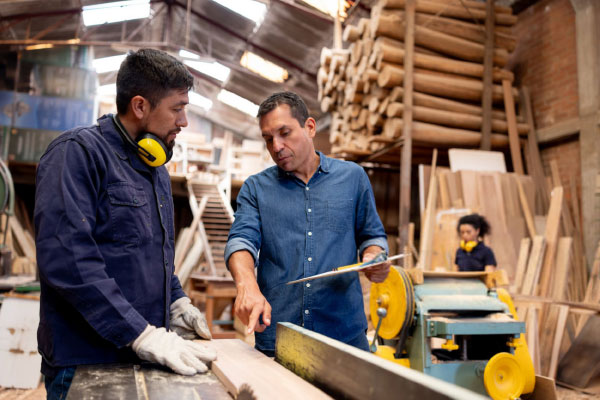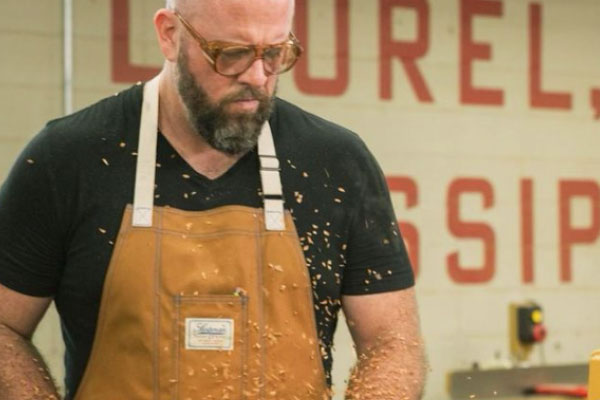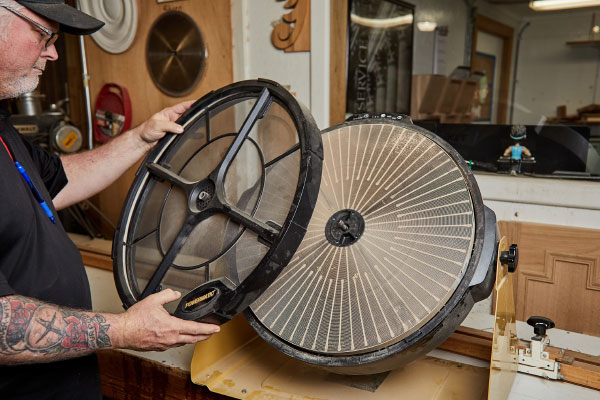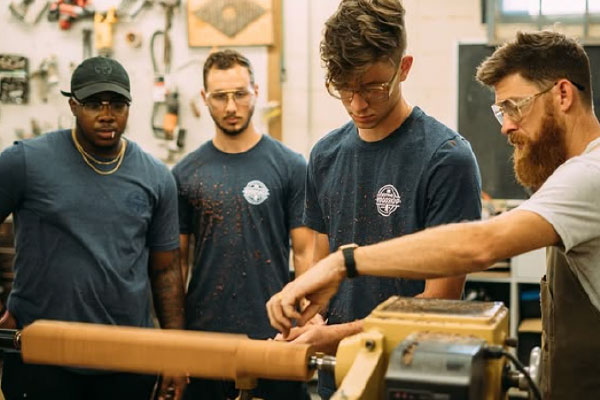
What Do the 2025 Tariffs Mean for Woodworkers, Furniture Makers, Artisans, and Educators?
If your workshop or classroom relies on high-quality woodworking machinery—like saws, planers, jointers, lathes, and drill presses—you've likely heard about the new tariffs affecting the industry. If you're feeling uncertainty or concern about rising costs and availability, you're certainly not alone.
These tariffs, designed to encourage domestic sourcing, could significantly influence the woodworking industry, impacting equipment costs and the overall supply chain. Understanding these potential shifts and taking strategic actions now can help you maintain productivity and profitability.
HOW TARIFFS MAY AFFECT INDUSTRIAL USERS OF WORKHOLDING & STRIKING TOOLS
Here's what your operations might experience:

Increased Equipment and Accessory Costs
Machinery and tools—such as table saws, band saws, jointers, and lathes—may experience price increases due to tariff-related cost adjustments.

SUPPLY CHAIN COMPLICATIONS and COMPLICATIONS
Sourcing components for woodworking machines could become more challenging, leading to longer lead times, delays in product availability, and potential interruptions in operations.

Budgetary Pressures in Education and Artisan Workshops
Rising equipment costs might particularly strain budgets for schools, universities, and small artisan shops, complicating upgrades or replacements.

Competitiveness Concerns
Higher costs could necessitate increased prices for your finished goods, potentially affecting your competitive standing, particularly for custom furniture makers and artisanal producers competing in pricesensitive markets.
Strategies to Stay Resilient
Woodworking professionals and educators can proactively address these challenges:
- Inventory Planning and Management Anticipate price fluctuations and proactively manage your machinery and accessory inventory. Stock up on critical items and consumables early to avoid disruptions.
- Invest in Quality and Maintenance Extend the lifespan of your existing machinery with rigorous preventive maintenance. Educate your team or students on proper equipment usage and early issue identification.
- Explore Alternative Suppliers Diversify your supplier base, considering domestic options to mitigate supply chain risks. Building strong relationships with multiple suppliers ensures more reliable access to critical equipment and parts.
- Optimize Operational Efficiency Focus on operational efficiencies to offset increased equipment costs. Streamline production processes, reduce waste, and improve productivity wherever possible.
- Communicate with Customers and Stakeholders Clearly explain pricing changes or impacts to customers, students, and stakeholders, emphasizing the continued value and quality your business or educational programs provide.
- Leverage Promotional Offers and Financing Take advantage of Powermatic's seasonal promotions, special pricing, and flexible financing options, ensuring you can strategically invest in essential equipment without overstretching your budget
- Collaborate within Woodworking Networks Engage with woodworking associations, education networks, and artisan communities for shared resources, best practices, and collective negotiation power in purchasing.
OPPORTUNITIES FOR GROWTH DESPITE TARIFFS
While these tariffs present challenges, they also open opportunities for forward-thinking woodworkers:

Growing Interest in Domestic Woodworking Machinery
Rising costs of imported products can shift demand toward domestically produced woodworking machinery, benefiting workshops that invest in local manufacturing and equipment sourcing.

Reshoring and Localized Production
Woodworkers who highlight domestically-produced goods may find increased market interest, providing competitive advantages amid shifting market dynamics

Increased Appeal of "Made in USA"
The rising consumer preference for domestically made products offers a powerful marketing advantage. Emphasize your commitment to local sourcing, craftsmanship, and community support to attract customers.

Leverage Educational and Government Incentives
Educational institutions and artisan businesses should explore grants, incentives, and funding opportunities from government programs aimed at supporting domestic manufacturing and vocational education.
Powermatic is committed to supporting woodworking professionals, educators, and artisans.
As you manage these tariff changes, our team is here to support you. Let's talk about your equipment requirements, current promotions, financing solutions, and smart strategies to keep your workshop strong and productive. Together, we'll work to ensure your woodworking endeavors continue thriving through these changing market conditions.
Contact Us